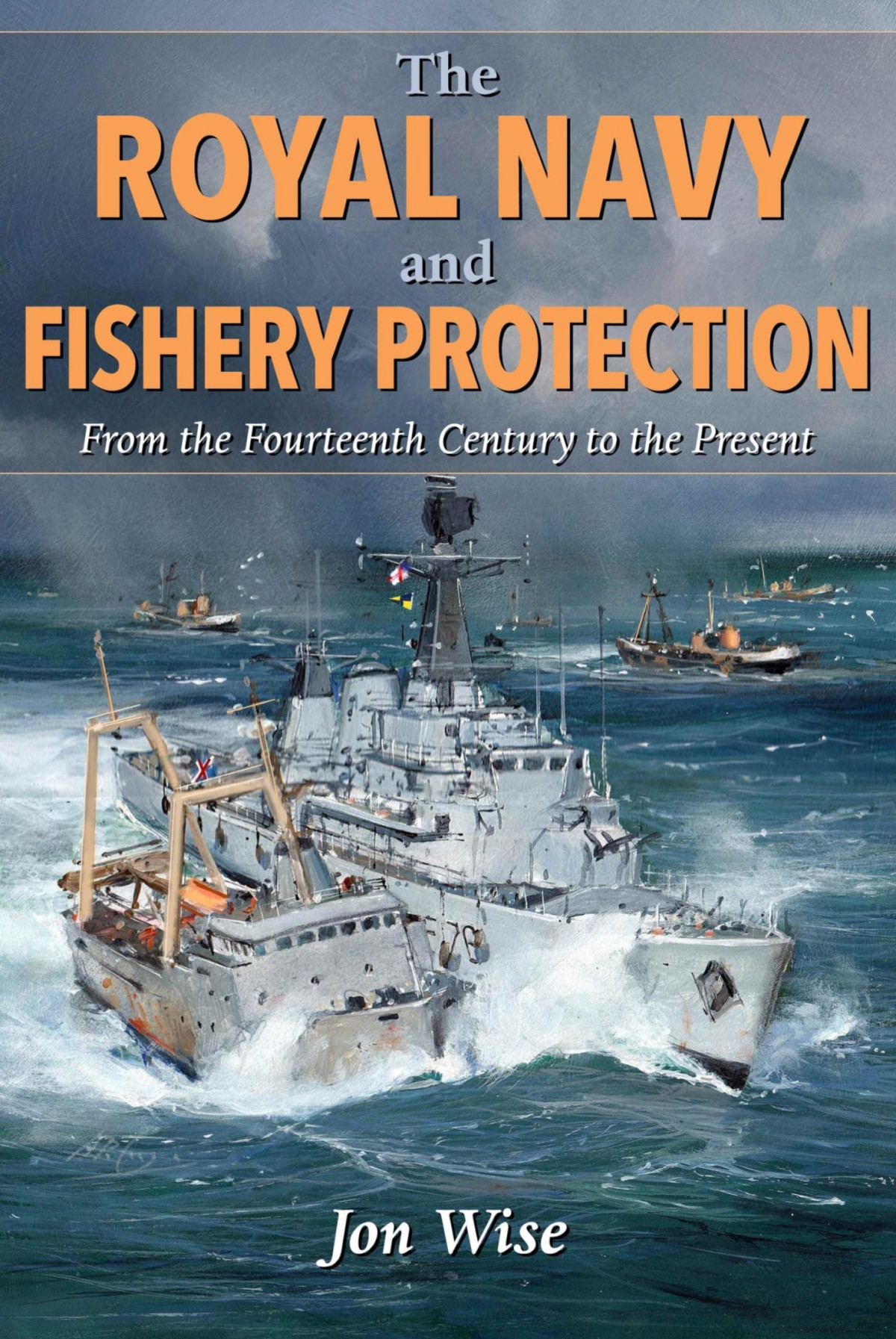

Most ebook files are in PDF format, so you can easily read them using various software such as Foxit Reader or directly on the Google Chrome browser.
Some ebook files are released by publishers in other formats such as .awz, .mobi, .epub, .fb2, etc. You may need to install specific software to read these formats on mobile/PC, such as Calibre.
Please read the tutorial at this link: https://ebookbell.com/faq
We offer FREE conversion to the popular formats you request; however, this may take some time. Therefore, right after payment, please email us, and we will try to provide the service as quickly as possible.
For some exceptional file formats or broken links (if any), please refrain from opening any disputes. Instead, email us first, and we will try to assist within a maximum of 6 hours.
EbookBell Team

0.0
0 reviewsFrom the first recorded mention of British ships protecting of fishing vessels in the late fourteenth century through to recent controversies over the change in emphasis to border patrols and overseas deployments, the story of the Royal Navy's 'Cinderella Fleet' involves many dramatic incidents; until now, however, there has never been a book dedicated to the subject. Naval historian Jon Wise's new work will rectify this omission. Historically there have been two main reasons why protecting fishing vessels was so important: first, fish have always constituted an essential part of the nation's diet while, secondly, fishermen have been an important source of skilled personnel for the Royal Navy itself. It is claimed that the Fishery Protection Squadron (FPS) is the oldest in the fleet, pre-dating the formal creation of the Navy itself in the early part of the sixteenth century, yet it still remains comparatively little-known. The Squadron's most famous operations were the 'Cod Wars' of 1958–76, but for six centuries it has been engaged in the many important tasks of protection and policing of fishing fleets, though more recently it has turned its attention to patrolling oil and gas fields, overseeing quotas and sustainability, and policing the ongoing disagreements over who can fish where and when.